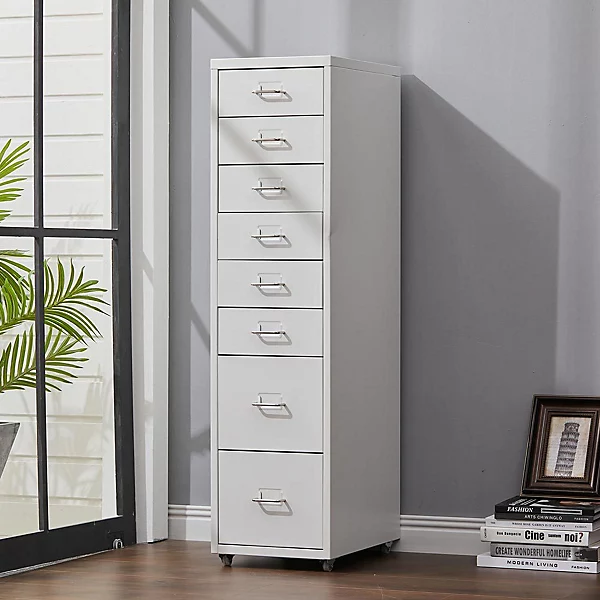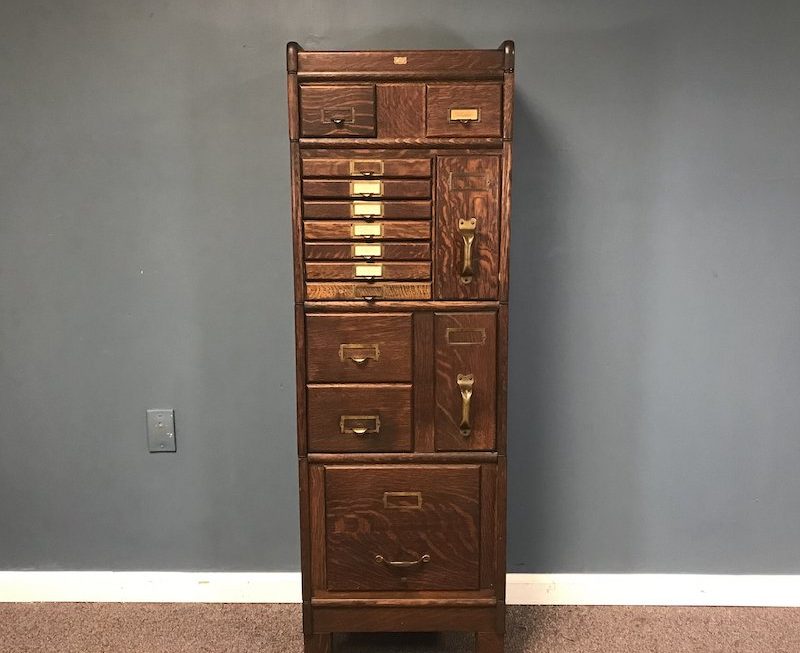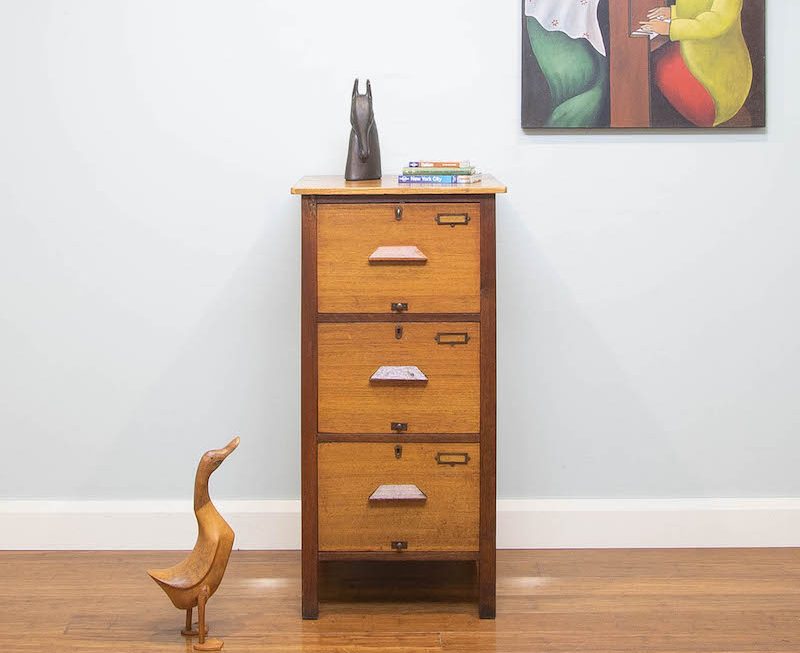 Introduction:
Introduction:
Folding tables(mesas plegables) are versatile and practical pieces of furniture that can be easily stored and set up as needed. Whether for parties, gatherings, or extra workspace, they offer a convenient solution for various occasions. In this article, we will explore the features, benefits, and uses of them. From their portability to their ability to maximize space, they are a valuable addition to any home, office, or event.
Introduction to Folding Tables
They are tables designed with hinges and collapsible legs, allowing for easy and compact storage when not in use.
A. Portable Design: The folding mechanism and lightweight materials make these tables highly portable and easy to transport.
B. Adjustable Heights: Some tables offer adjustable heights, providing flexibility for different activities or user preferences.
C. Various Sizes and Shapes: They come in a range of sizes and shapes, from small square tables to large rectangular banquet tables, catering to different needs and spaces.
Benefits of Folding Tables
They offer several benefits that make them a practical choice for a variety of settings.
A. Space Efficiency: They can be easily folded and stored when not in use, making them ideal for areas with limited space.
B. Easy Set-Up and Storage: The collapsible design allows for quick and hassle-free set-up, as well as convenient storage when the table is no longer needed.
C. Versatility: Folding tables can be used for a wide range of purposes, from hosting social events to providing additional workspace or dining space.
 Common Uses of Folding Tables:
Common Uses of Folding Tables:
A. Parties and Events: Folding tables are commonly used for parties and events as buffet tables, dessert stations, or seating options for guests.
B. Home Use: They can serve as temporary dining tables during family gatherings or as craft tables for hobbies and projects.
C. Office and Workspaces: They provide additional surfaces for meetings, presentations, or as temporary workstations when extra space is needed.
D. Trade Shows and Exhibitions: They are popular in trade shows and exhibitions, serving as display tables or information booths.
Types of Folding Tables
There are different types of them available to accommodate various needs and preferences.
A. Plastic Folding Tables: These tables are lightweight, affordable, and easy to clean, making them suitable for indoor and outdoor use.
B. Wood Folding Tables: Wood folding tables offer a more sophisticated and durable option, often used for formal events or upscale settings.
C. Metal Folding Tables: Metal folding tables are sturdy and durable, resistant to wear and tear, and appropriate for heavy-duty use.
 Factors to Consider When Choosing Folding Tables
Factors to Consider When Choosing Folding Tables
When selecting them, there are a few important factors to consider to ensure they meet your specific requirements.
A. Size and Shape: Determine the dimensions and shape of the table that best fit your space and intended use.
B. Weight Capacity: Consider the weight capacity of the table to ensure it can support the intended load, whether for heavy items or multiple people.
C. Stability and Durability: Look for them with secure locking mechanisms and sturdy construction to ensure stability during use.
D. Ease of Cleaning: Depending on the intended use, consider the ease of cleaning and maintenance, especially for tables used in outdoor or messy environments.
Care and Maintenance of Folding Tables
Proper care and maintenance will help extend the lifespan of folding tables.
A. Regular Cleaning: Clean the table surface regularly with a gentle cleaner and microfiber cloth to remove dust and dirt.
B. Storage: When not in use, store the folding table in a clean and dry location to prevent damage.
C. Handle with Care: Avoid placing heavy or sharp objects on the table surface, and be cautious when folding or unfolding the table to avoid accidents.
 Comparing folding tables and small corner desks:
Comparing folding tables and small corner desks:
When comparing folding tables and small corner desks, there are several factors to consider based on your specific needs and requirements. Here are some points to help you make a decision:
Functionality:
Folding tables are versatile and can be used for various purposes, such as hosting events, setting up temporary workspaces, or providing additional dining space. They generally offer a larger surface area and are easy to set up and fold away for storage. On the other hand, small corner desks are designed specifically for providing a dedicated workspace. They usually have built-in storage options and are suitable for individuals who need a permanent or semi-permanent workstation.
Space Considerations:
If you have limited space or need a portable option, folding tables may be more suitable. They can be easily folded and stored when not in use. Small corner desks, on the other hand, are designed to fit into corners and utilize space efficiently. They can maximize the available workspace, especially in small rooms or offices.
Ergonomics:
When it comes to ergonomics and comfort, small corner desks are designed with functionality in mind. They often feature adjustable height options, keyboard trays, shelving, and cable management systems. This allows for more ergonomic positioning of computer equipment and accessories. Folding tables, while versatile, may not provide the same level of ergonomic support.
Aesthetics:
Small corner desks are available in a variety of styles, finishes, and materials. They are designed to blend seamlessly into the overall décor of a room. Folding tables, on the other hand, are typically more basic in design and may not offer as many options for customization or matching your existing furniture.
Budget:
Folding tables are generally more affordable compared to small corner desks. If you are looking for a cost-effective option or need a temporary solution, they can be a more budget-friendly choice. Small corner desks, however, offer a more permanent and dedicated workspace, and you may need to invest a bit more based on the specific features and materials you prefer.
Ultimately, the decision between a folding table and a small corner desk depends on your specific needs, available space, and budget. Consider the intended use, ergonomic requirements, space constraints, and aesthetic preferences to make an informed choice.
 Conclusion
Conclusion
They offer a practical and versatile solution for adding extra space and convenience to any environment. From social gatherings to office settings, these tables provide ease of set-up, storage, and transportation. With a variety of sizes, materials, and designs available, they can be tailored to suit various needs, and their compact nature makes them ideal for space-conscious individuals. Remember to consider factors such as size, weight capacity, stability, and ease of cleaning when choosing folding tables. By properly caring for and maintaining these tables, you can ensure their longevity and continued usefulness. Embrace the versatility and convenience of them, and enjoy the flexibility they bring to your home, office, or event space.



